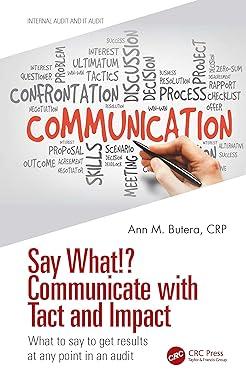Question
Question 16 1 pts John's parents both die. John inherits his father's IRA. Which of the following is true? Group of answer choices a. John
Question 16 1 pts John's parents both die. John inherits his father's IRA. Which of the following is true? Group of answer choices
a. John can perform a Rollover of the IRA to his own IRA
b. John cannot rollover or transfer the IRA into his own IRA
c. John can perform a Trustee-to-Trustee transfer of the IRA to his own IRA
d. John is not allowed to inherit the IRA, it must be disclaimed
Question 17
Victoria's husband Wilbur dies. Wilbur's IRA has a balance of $2,000,000. Victoria disclaims the IRA and its assets are transferred to her children as the next eligible beneficiaries. Which of the following is true? Group of answer choices
a. Victoria's children must claim 40% of the $2,000,000 as part of Victoria's estate when she dies
b. Victoria is not allowed to do this
c. When Victoria dies, the $2,000,000 in Wilbur's IRA assets are not counted as part of her estate
d. When Victoria dies, the $2,000,000 in Wilbur's IRA assets are counted as part of Victoria's estate
Question 181 pts Which of the following (mark all that apply) are benefits of disclaiming one's spouse's IRA assets following his/her death and passing them on to one's children? Group of answer choices
a. There are no RMDs for the children and all withdrawals are tax and penalty free
b. Children may begin enjoying the inherited assets sooner in life (rather than waiting for both parents to die)
c. The assets are not counted as part of one's estate
Question 19 1 pts A good reason (mark all that apply) to designate a trust as a beneficiary of an IRA is _______________ Group of answer choices
a. Beneficiary (child) is involved in a marriage where divorce settlements may be a consideration
b. Beneficiary is not responsible with money
c. Transfer to a trust is totally tax free
Question 20 1 pts Jimmy John (age 73) decides to transfer $100,000 directly from his IRA to a qualified charity. Which of the following is true? Group of answer choices
a. The $100,000 donation exceeds the current IRS maximum ($10,000 in 2019)
b. This is illegal. The money cannot be transferred directly from the IRA.
c. The $100,000 donation is an itemized deduction
d. The $100,000 transfer is excluded from his taxable income
Step by Step Solution
There are 3 Steps involved in it
Step: 1

Get Instant Access to Expert-Tailored Solutions
See step-by-step solutions with expert insights and AI powered tools for academic success
Step: 2

Step: 3

Ace Your Homework with AI
Get the answers you need in no time with our AI-driven, step-by-step assistance
Get Started


